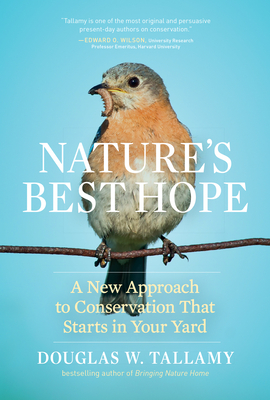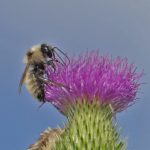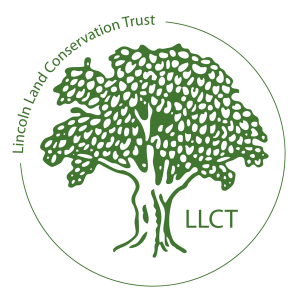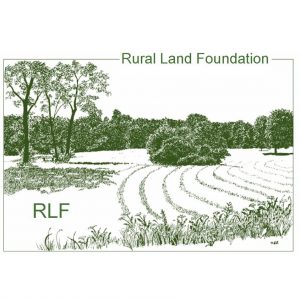
This program will now be offered online, via Zoom! Register here to receive the meeting information.
This book discussion is part of a series of public programs related to the Lincoln Pollinator Action Plan. Join in the reading and discussion of Doug Tallamy’s newest book, “Nature’s Best Hope: A New Approach to Conservation that Starts in Your Yard”.
Co-sponsored with the Lincoln Public Library. A digital copy of the book is available via the Lincoln Library’s online catalog. You can download the Overdrive or Libby app as well. If you are unable to read the book before our discussion, that’s ok! All are welcome to join us. You can also watch a recording of his presentation , available on the Grow Native Website.
Douglas Tallamy’s first book, Bringing Nature Home, awakened thousands of readers to an urgent situation: wildlife populations are in decline because the native plants they depend on are fast disappearing. His solution? Plant more natives. In this new book, Tallamy takes the next step and outlines his vision for a grassroots approach to conservation. Nature’s Best Hope shows how homeowners everywhere can turn their yards into conservation corridors that provide wildlife habitats. Because this approach relies on the initiatives of private individuals, it is immune from the whims of government policy. Even more important, it’s practical, effective, and easy—you will walk away with specific suggestions you can incorporate into your own yard.
If you’re concerned about doing something good for the environment, Nature’s Best Hope is the blueprint you need. By acting now, you can help preserve our precious wildlife—and the planet—for future generations.
About the Lincoln Pollinator Action Plan

The Lincoln Pollinator Action Plan: “Planting the Way for Biodiversity and Climate Resilience” is a project developed by the Lincoln Land Conservation Trust in partnership with Evan Abramson of LandscapeInteractions and Dr. Robert Gegear, a professor of biology at UMASS Dartmouth. We propose to create a roadmap for biodiversity and climate resilience across the Town of Lincoln by rebuilding functionally diverse native ecosystems, through site-specific pollinator habitat designs that are based on scientific study. By incorporating multiple Case Study (scientifically researched) sites representing a wide array of land uses, ecological habitats, and aesthetics, Native Plant and Pollinator Toolkits will be developed that can be applied to sites across town, including on conservation, public, and private land, and beyond! Everyone is encouraged to participate along the way by helping to build a pollinator corridor across the town of Lincoln and through citizen science action.

